 Trade Data Provider
Trade Data Provider
 14-04-2025
14-04-2025
Whether you're new to the import/export business or a seasoned professional, there will always be times when your business stagnates or you feel lost in direction. For those in the import/export field, client development is absolutely crucial—without clients, there's no business to be done!
Today, Xiao Teng has summarized a variety of methods to help you develop clients, covering multiple channels and approaches such as search engines, map tools, trade data, and social media outreach. You're welcome to explore and try these strategies—after all, as the saying goes, “You'll never win the lottery if you don't buy a ticket!”
Take Kathy from Changzhou Xute Jifeng Tools Co., Ltd. as an example. She's a newcomer in the import/export business, born in 1999, and yet she's already achieved an impressive annual performance of 3 million! She has her own method of client development.
Her primary client development tool is: tendata.com
1. Finding Clients via Google Search
·Website: http://www.google.com
Google is one of the world's largest search engines, offering modules for websites, images, newsgroups, and directories. It supports both standard and advanced search functions.
Google's massive information database makes it a go-to tool for import/export professionals to find potential clients.
·Basic search: For example, in the toy industry, try keywords like "toys / toy company / toy retailer."
·Advanced search: Combine product keywords with terms like "company," "email," "importer," "buyer," "wholesaler," or "supplier."
Using advanced search operators allows you to uncover deeper, less-tapped client resources for follow-up.
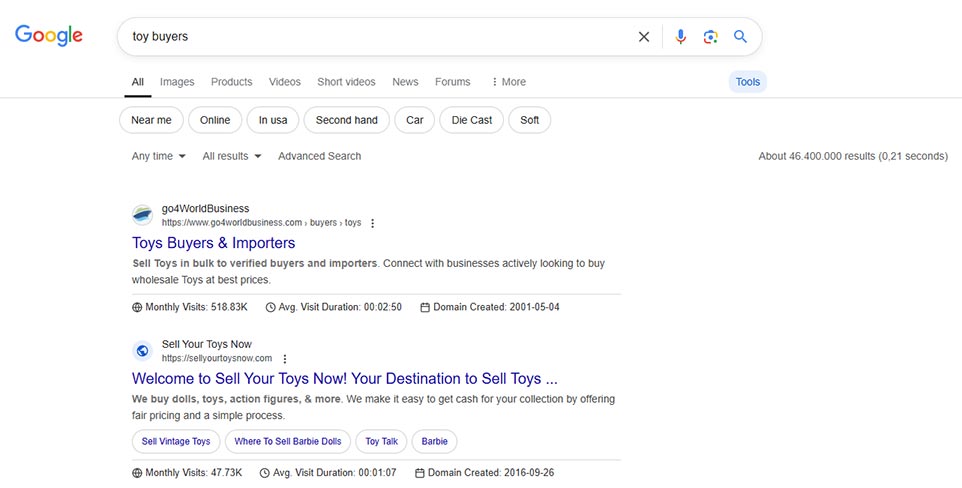
2. Finding Clients via Google Maps
·Website: http://www.googlemaps.com
Google Maps offers detailed electronic mapping and satellite imagery. It includes urban planning, transport routes, and business information globally.
·How to use it: Open Google Maps, set the location to New York, and enter your product keyword (e.g., "toys wholesaler") to discover related businesses.
You can use this method for different countries and view business details such as addresses, phone numbers, faxes, and emails.
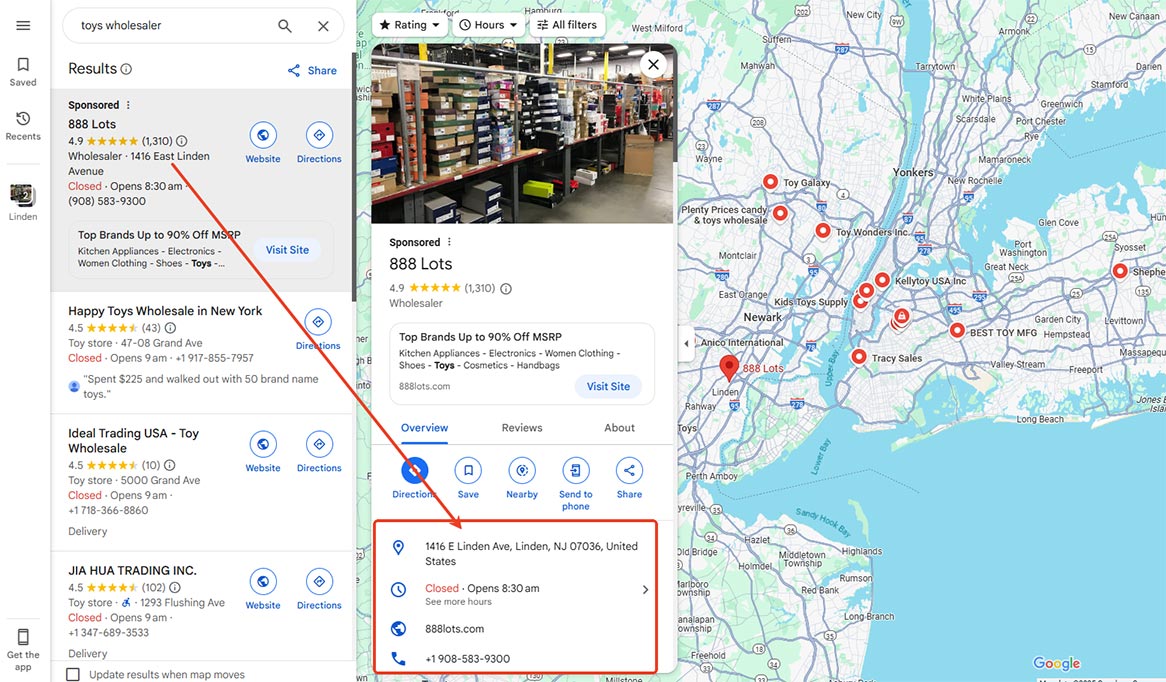
3. Finding Clients via Import/Export Trade Data
·Website: www.tendata.com
Trade data originates from customs shipping records, showing transactional details such as: Buyer and supplier names, Product descriptions, HS codes, FOB/CIF prices, Quantity, weight, date, and port of entry.
This data is useful for analyzing markets and competitors:
(1) Search by HS code or product keyword to view individual transactions, buyer pricing, scale, and packing lists.
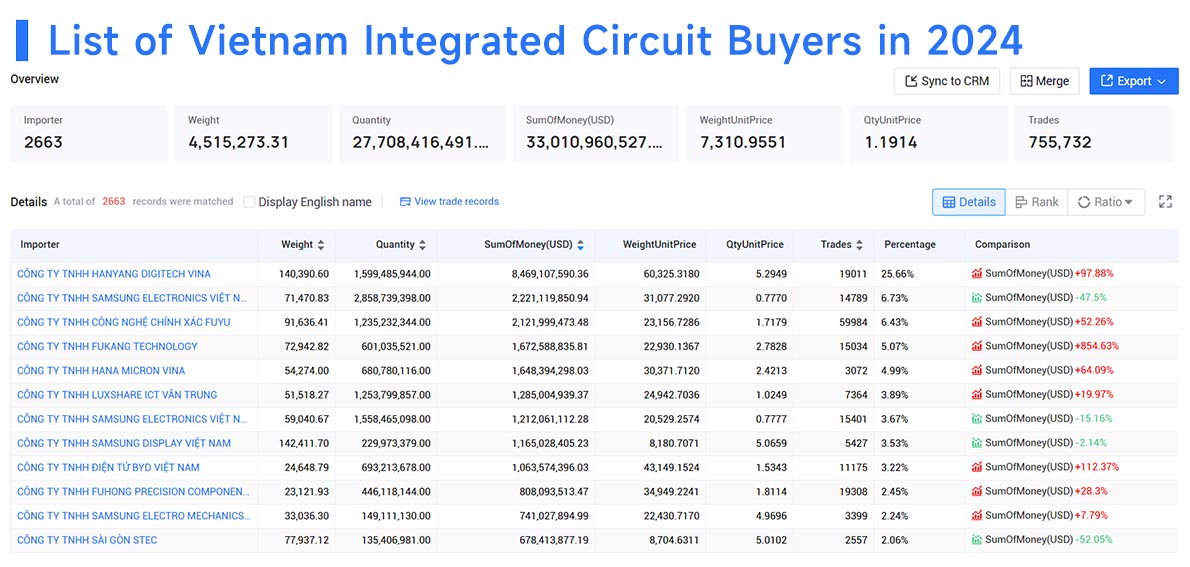
(2) Filter by country to identify buyers and analyze transaction frequency, trading partners, and more.
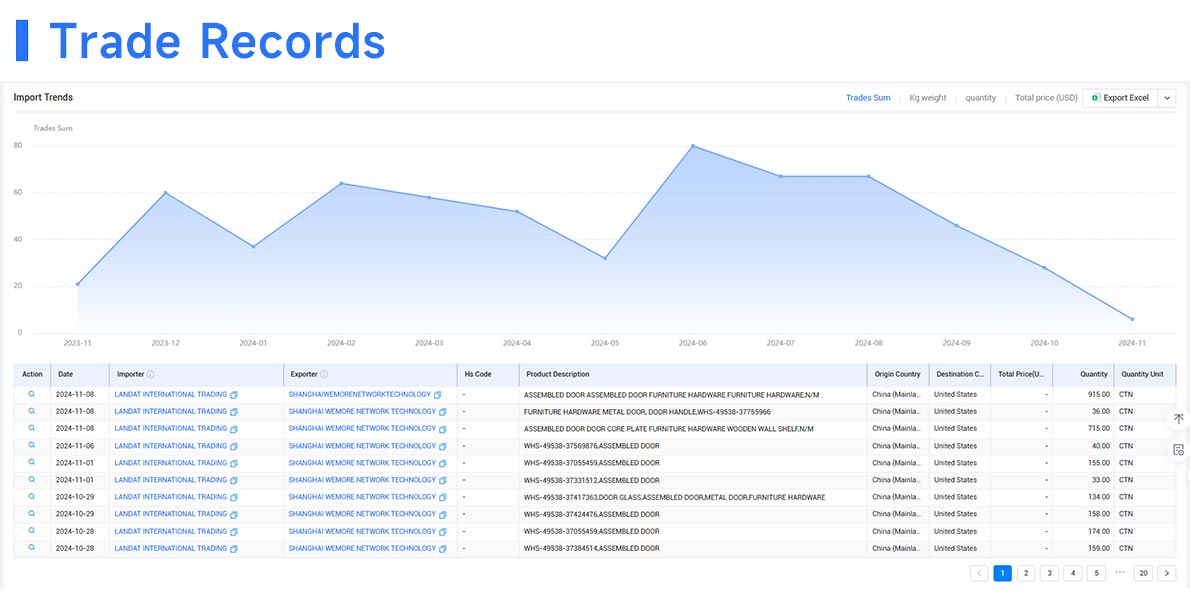
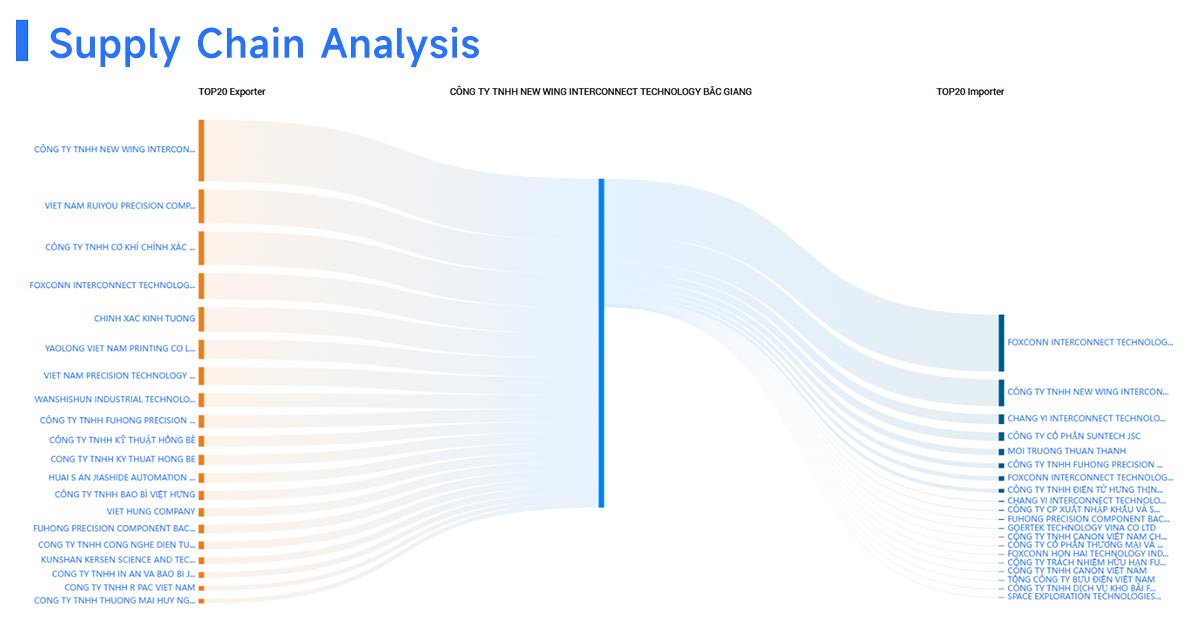
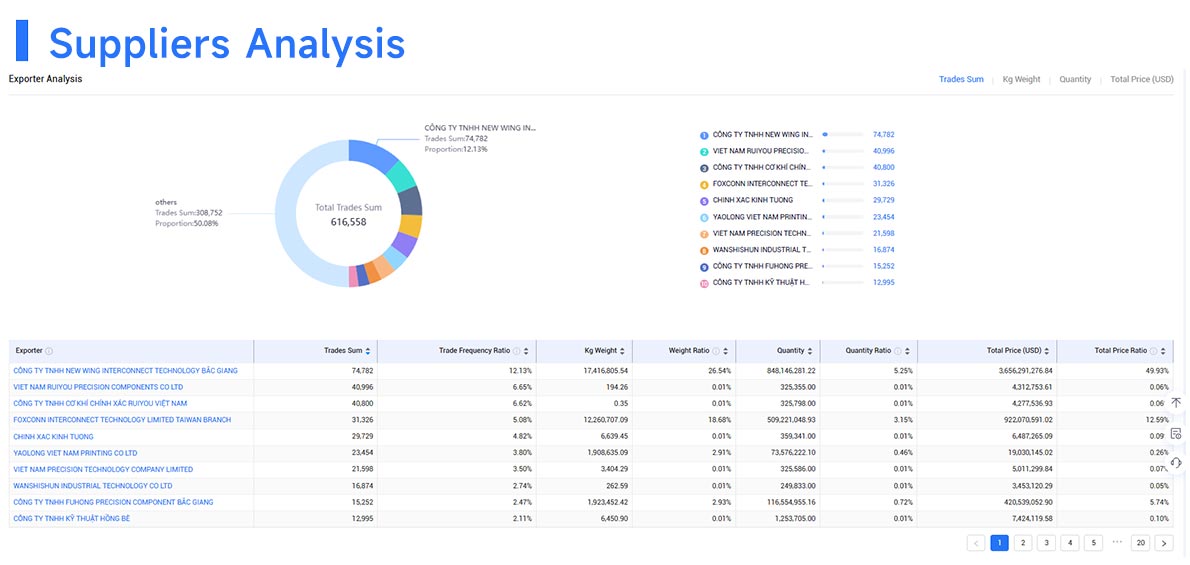
(3) Explore supply chain relationships of your target customers to "win over" competitors' clients or identify direct end-buyers.
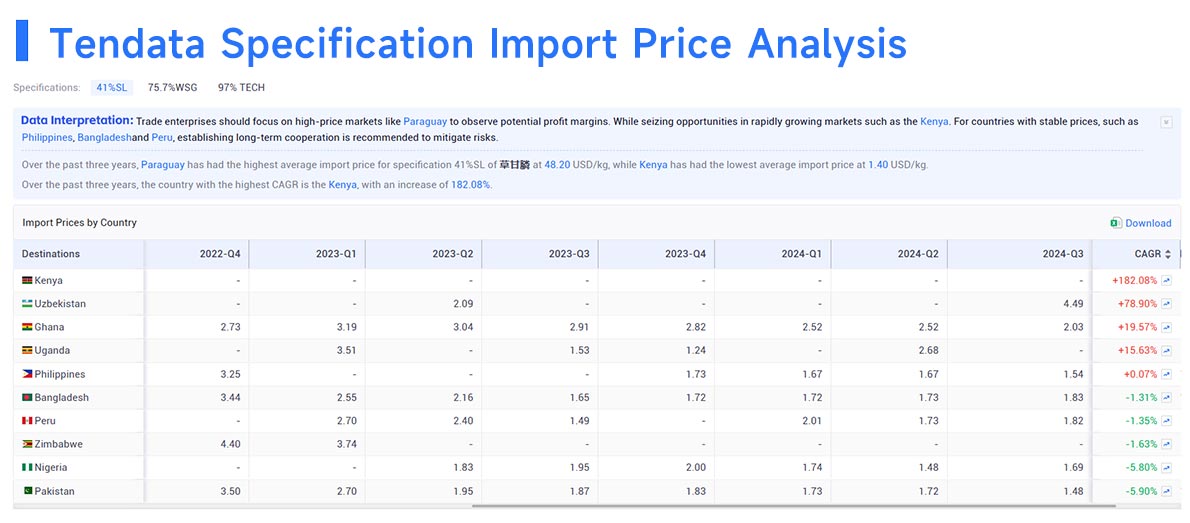

4. Finding Clients via LinkedIn
·Website: https://www.linkedin.com/feed/
Out of the world's 7.2 billion people, over 3 billion are active on social media—1.7 billion via mobile devices. Over 61% of companies use social media for promotion, and more than 80% of import/export clients use LinkedIn for news and business networking.
Methods to develop clients on LinkedIn:
(1) Use Keywords to Search for Leads
Use tools like LinkedIn Assistant to search more efficiently and safely.
Search by keyword, filter by country, professional title, and connection level to identify your potential clients.
Example: keyword "tyre", job title "CEO".
(2) Find Potential Clients in LinkedIn Groups
Join relevant groups by searching with keywords. This expands your professional circle and gives access to like-minded professionals who are potential clients.
Example: search for groups using keyword "tyre"
(3) Search for Leads in LinkedIn Posts
Use keywords to find related posts and then interact by:
A. Liking posts
B. Commenting on them
C. Sending personalized connection requests
Example: search for "tyre" to find related posts.
(4) Explore Suggested Connections
LinkedIn suggests people based on your profile and connections—these suggestions often include potential clients.
(5) Research Company Pages
Search companies using relevant keywords. Click on their LinkedIn pages to learn about them and decide if they're worth targeting.
5. Finding Clients via Yellow Pages
There are many national Yellow Pages platforms worldwide. Here are some commonly used ones:
Yellow Pages Network:
https://www.yellowpages.com/
Coverage: U.S., Canada, Australia, India, etc.
European Yellow Pages:
·France: https://www.pagesjaunes.fr/
·Germany: https://www.dastelefonbuch.de/
·UK: https://www.yell.com/
·Spain: https://www.paginasamarillas.com/
·Italy: https://www.paginegialle.it/
·Netherlands: https://www.telefoonboek.nl/
·Sweden: https://www.eniro.se/
·Switzerland: https://www.local.ch/
Asian Yellow Pages:
·Japan: https://ypj.com/
·India: https://www.indianyellowpages.com/
·Pakistan: https://yellopagespakistan.com/, https://yellowpage.pk/, https://ypages.pk/
·South Korea: http://yp.koreadaily.com
·Thailand: https://www.yellowpages.co.th/en
·Singapore: https://yps.com.sg/
African Yellow Pages:
·https://www.africayellowpagesonline.com/
Alright, that's all for today's tips! Just remember: you'll never win big if you don't take a shot. Best wishes to everyone—may you develop more clients and close more deals!
Category
Leave Message for Demo Request or Questions


 T-info
T-info T-discovery
T-discovery

 My
Tendata
My
Tendata Market Analysis
Market Analysis Customer
Development
Customer
Development Competitor
Monitoring
Competitor
Monitoring Customer Relationship
Customer Relationship





































































































































